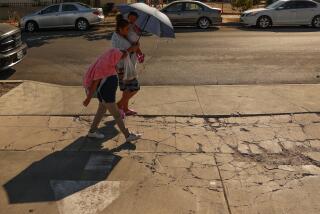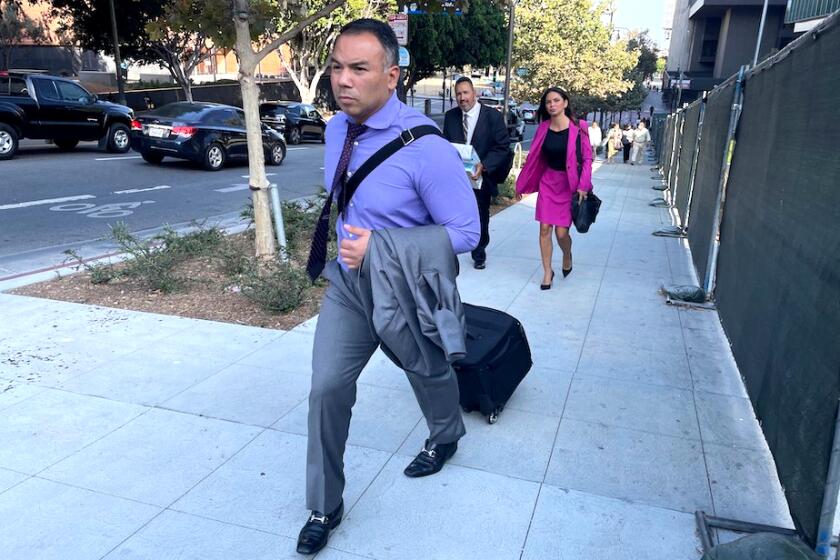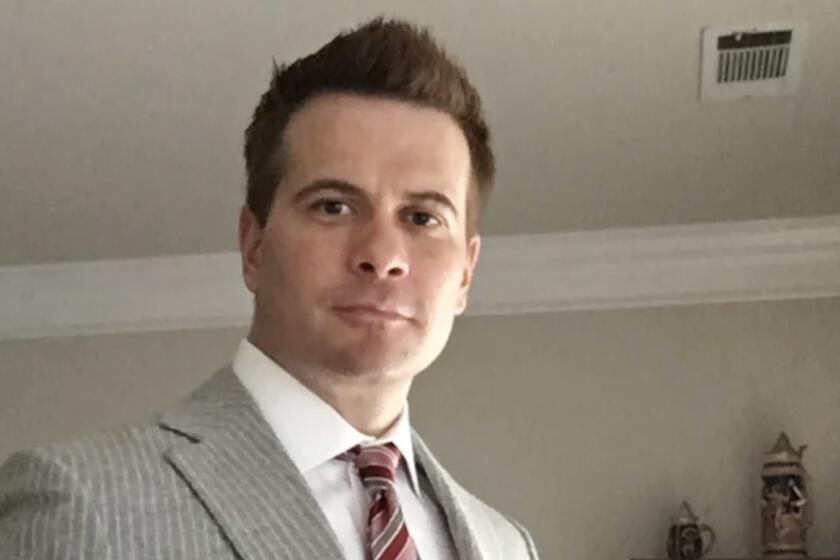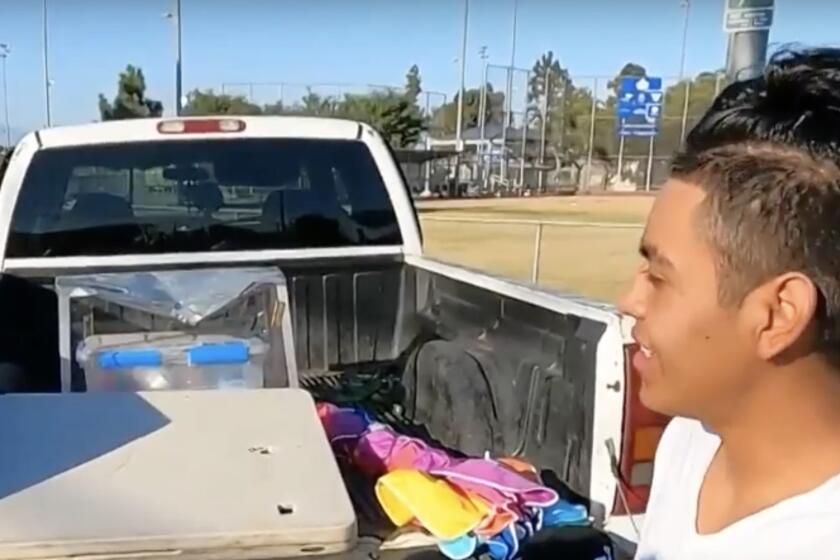Vaccine delays may imperil those at risk
If H1N1 flu vaccine shortages persist, California may not be able to vaccinate those most at risk by the end of December, public health officials said Thursday, amid furor over how the vaccine has been distributed so far.
“We believe by and large the vaccine is being given to those who should receive it,” said Dr. Gil Chavez, an epidemiologist with the California Department of Public Health, but “we may not be able to meet the target if the vaccine does not get here.”
Chavez defended the state’s decision, in conjunction with local officials, to give certain private providers such as Kaiser Permanente some of the first vaccine shipments, while others had to do without. California state and county officials have yet to respond to The Times’ requests for a breakdown of vaccine distribution.
State officials said the decision to prioritize certain providers was made at an Aug. 20 meeting attended by members of a committee on communicable disease control. Although not previously discussed publicly, the decision was not made in secret, they said. “It was done openly with all our public health partners,” said Mike Sicilia, spokesman for the Department of Public Health.
Citizens’ groups have criticized federal and state authorities in recent days for failing to distribute the vaccine fairly.
“Why is it that so many Americans have had to wait in line and then been denied the vaccine, and others can just walk in and get it?” said Melanie Sloan, executive director of the Washington, D.C.-based Citizens for Responsibility and Ethics in Washington. “People might die because people at a lower risk got the vaccine instead. How does some rich 50-year-old banker at Goldman Sachs get a vaccine that a pregnant woman or a healthcare worker in Los Angeles can’t get?”
New York City health officials have had to defend the distribution of H1N1 vaccines there after reports that Wall Street firms were among the first to receive shipments.
Vaccines are supposed to be directed to five priority groups: pregnant women, people ages 2 to 24, healthcare workers, caregivers of babies under 6 months old, and those ages 25 to 64 with chronic health conditions that put them at increased risk of complications from the flu.
Nationwide, 32.3 million doses of H1N1 vaccine have been made available, but there are more than 159 million people in the priority groups that need it, according to federal estimates.
California was supposed to have received 6.25 million doses of the vaccine by now, but has received about half of that, and state officials ordered 500,000 more doses Wednesday, Chavez said. In L.A. County alone, 5.5 million people are in the priority groups.
State officials have said distribution delays slowed supplies to some city and county health agencies. But a spokeswoman for San Francisco-based McKesson Corp., which is distributing the vaccine for federal officials, said Thursday that no delays have been reported and that orders are being delivered the next day via Fed Ex. She said California and some other states have contracted with others to redistribute some vaccines, and they may be to blame for delays.
Chavez acknowledged earlier this week that at least 25 city and county health agencies have received less than 45% of the vaccines they ordered, the state average. But he said state officials are monitoring the problem and plan to deliver more vaccines to the agencies within two weeks.
“As we move forward, we are actually able to tell who has received vaccine, who has not, and try to bring people to parity,” he said.
He also defended state and local officials’ decision to select certain private providers, including Kaiser Permanente, to receive vaccine shipments first.
They did so, he said, because the providers treated more patients in the priority groups.
A Kaiser spokesman confirmed that it received early shipments, but said that it needs more. The system serves about 6.4 million people statewide.
“We’re like everyone else -- trying to take what limited supplies of vaccine we have and get it to those who need it most as soon as possible,” spokesman Jim Anderson said.
As of this week, more than 4,800 people have been hospitalized with H1N1 flu statewide and 266 have died, including 17 last week alone, Chavez said.
--
molly.hennessy-fiske @latimes.com
More to Read
Sign up for Essential California
The most important California stories and recommendations in your inbox every morning.
You may occasionally receive promotional content from the Los Angeles Times.











